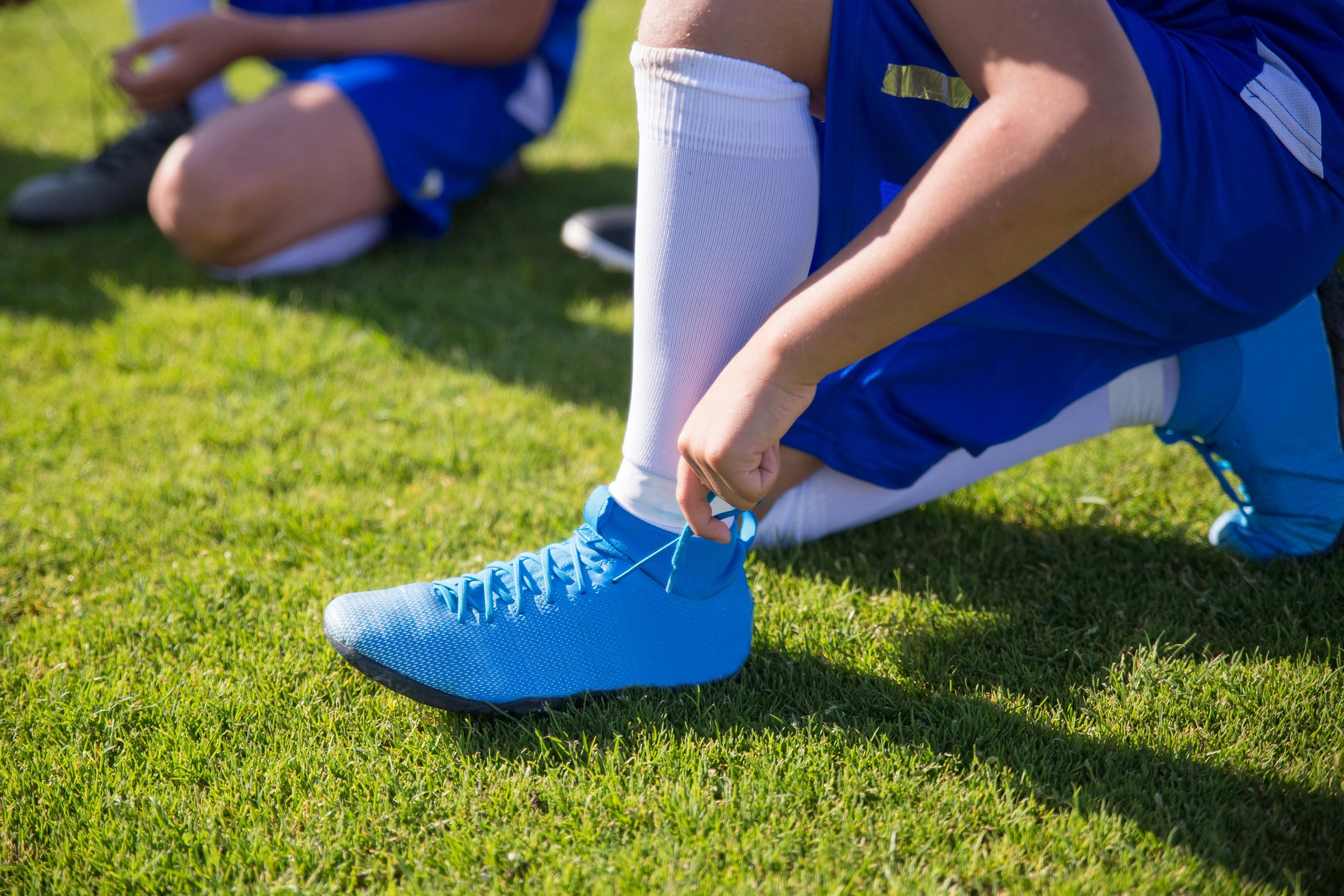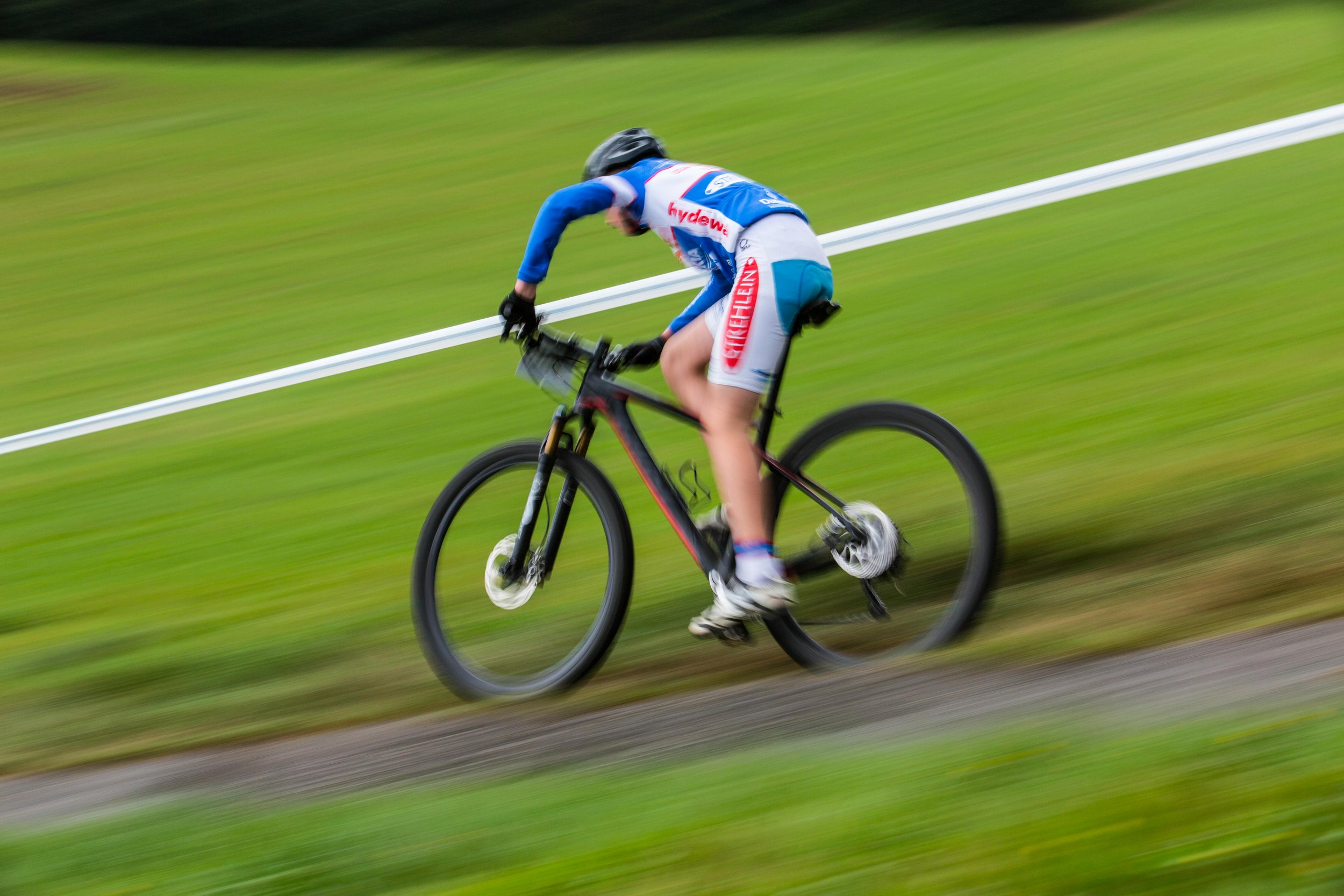
Motivation That Lasts: Building Internal Drive in Athletes
Early wins and external rewards can fuel motivation—for a while. But when progress slows and the spotlight fades, only athletes driven from within continue to show up with purpose. This blog explores why intrinsic motivation is the foundation of long-term commitment in sport, and how athletes can reconnect with the deeper drive that sustains growth, resilience, and enjoyment over time.

Setting Up Leaders for Peak Performance: Powerful Morning Mental Habits to Start the Day
Before the emails start pouring in and the meetings pile up, your mindset is either shaped by intention—or by reaction. This blog explores how high-performing leaders design their mornings to prime their mind for calm, clarity, and decisive action. With practical tools and neuroscience-backed insights, it shows how executive priming can become your secret weapon for leading under pressure.

The Pregame Mindset: Rituals That Ready the Mind for Action
Elite athletes don’t wing it before competition—they prepare their mind just as intentionally as their body. This article dives into the psychology of pregame rituals, showing how visualization, breathwork, music, and mindset cues become powerful performance triggers. If you want to compete with confidence and focus, the moments before you start might matter more than you think.

Inner Calm for Outer Performance: Cultivating Quiet Strength
In the heat of crisis or the spotlight of leadership, calm isn’t the absence of pressure—it’s your most powerful response to it. This article explores how great leaders cultivate inner steadiness, regulate their nervous system, and become anchors for their teams in uncertain times. Learn how to train your breath, your boundaries, and your mindset to lead from a place of quiet strength.

Compete Like a Champion: The Mindset of Winning Athletes
Confidence under pressure. Presence in the moment. Resilience in the face of setbacks. These aren't just traits athletes are born with—they’re mental muscles built through repetition and reflection. In this article, you'll learn how elite performers train their minds as intensely as their bodies, and how you can adopt the same mindset to level up in sport, business, or any competitive space.

Performing While Watched: Handling Attention Without Cracking
Every move feels magnified. The room is quiet. All eyes are on you. And your heartbeat feels louder than your voice. In these moments, leadership isn’t about knowing what to say—it’s about managing your inner state so that your message lands with clarity, calm, and confidence.
The spotlight doesn’t have to blind you. With the right mindset, it can sharpen your focus and elevate your presence.

Mental Strength for Finals: Building Confidence at the End Game
The final whistle, the last rep, the last second on the clock—this is where champions are made. Anyone can start strong, but finishing strong takes composure, focus, and belief when fatigue sets in and pressure peaks. The body may be tired, but the mind? That’s where the outcome is decided. This post dives into the mental tools elite performers use to stay sharp when it matters most.

The Art of the Mental Gear Shift: How Elite Leaders Master Transitions Between High-Stakes Meetings
Leadership isn’t just about the meetings—it’s about the moments in between. Those brief transitions where you switch from strategist to coach, from negotiator to motivator. Most leaders sprint from one to the next without pause. But the great ones? They treat transitions like gear shifts—intentional, practiced, and precise. This piece explores how those micro-moments of reset can transform your impact.
Have a Question for Us?
Call us at 437-826-9365 or schedule an ask us anything chat.
We can talk about how working with a therapist and/or mental performance coach can help you.
No charge. No obligation.